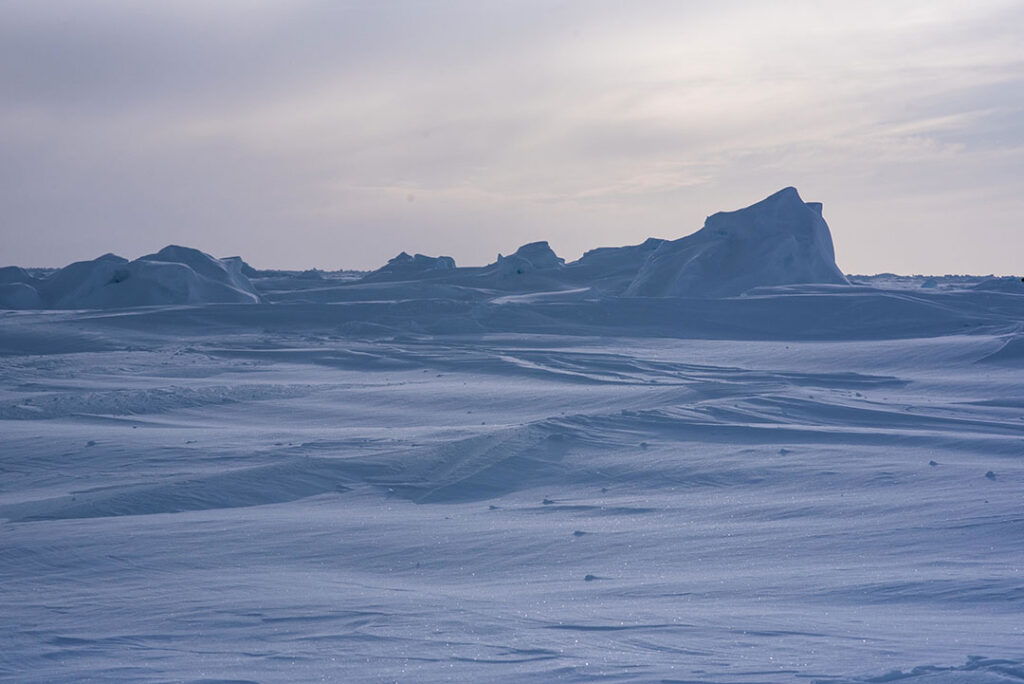THE WATCH STAFF
It would not be surprising if Petteri Vuorimäki, Finland’s ambassador for Arctic and Antarctic affairs, had a business card that features his quote: “Cooperation is my business.”
That’s because Vuorimäki believes there is never a time to say no to diplomacy.
“We diplomats, we do our jobs so that … the men and women in uniform don’t really have to then do their business in terms of a conflict,” said Vuorimäki, who spoke February 17, 2022, on “Finnish Diplomacy and Arctic Cooperation” as part of the Arctic Academic eTalks, a bimonthly virtual forum on key issues affecting the region.
“My professional objective always has been to construct cooperation or to establish ‘ties that bind’ — that’s [what] Bruce Springsteen called it.”
Vuorimäki, who assumed his current post in 2019, is also Finland’s senior Arctic official in the Arctic Council. His long diplomatic career includes 16 years in Brussels working on matters pertaining to the European Union, which ranged from relations with Russia to Arctic policy. He was involved in the drafting of the EU’s Arctic strategies in 2008, 2012 and 2016. (Three members of the EU are also Arctic states: Denmark, Finland and Sweden.) Vuorimäki also counts Moscow as one of his many diplomatic postings.
Although Finland is not a member of the North Atlantic Treaty Organization (NATO), it has partnered with the alliance on security matters. Helsinki spends 2% of its gross domestic product on defense to safeguard its more than 800-mile-long border with Russia, enhancing the security of U.S. allies in Europe. In December 2021, Finland announced it would buy 64 new F-35 fighter jets from U.S. manufacturer Lockheed Martin Corp.
Finland and the U.S. also have a long relationship of cooperation. Both are Arctic states and share permanent membership on the Arctic Council. The countries also belong to the Antarctic Treaty.
“We are two of only five countries in the world, which are at the same time, permanent members in the Arctic Council and in the Antarctic Treaty,” Vuorimäki said of Finland’s common ground with the U.S. “The other three are Sweden, Norway and the Russian Federation. So, on polar issues, we have much to discuss with our good colleagues in Washington.”
Of Russia, Vuorimäki said he’s experienced “both ends of the cooperation spectrum” in his career — from an era of productive relations to working on the EU’s response to Moscow’s 2014 annexation of the Ukrainian territory of Crimea.
Even in that first Ukraine crisis, Vuorimäki said that cooperation with Russia on Arctic matters continued, an example of what has been called “Arctic exceptionalism” — the view of the region as often immune to the world’s conflicts.
That concept is now in question as the Arctic faces challenges from increased strategic competition harkened by its melting sea ice to the current Russia-Ukraine situation.
“I don’t think anybody really knows what will happen except possibly one man,” Vuorimäki said, alluding to Russian President Vladimir Putin. “But I do hope that we’re able to continue the cooperation in the Arctic. The fundamental objective, I believe, of the Finnish diplomacy in the Arctic is to maintain a peaceful region, to have a region [that] is a zone of constructive cooperation and manages to reduce the escalation of tensions.”
The Arctic Academic eTalks are co-hosted by U.S. Northern Command and its magazine, The Watch; U.S. European Command; U.S. Indo-Pacific Command; and the North American and Arctic Defence and Security Network.
PETTY OFFICER 1ST CLASS DANIEL HINTON/U.S. NAVY

